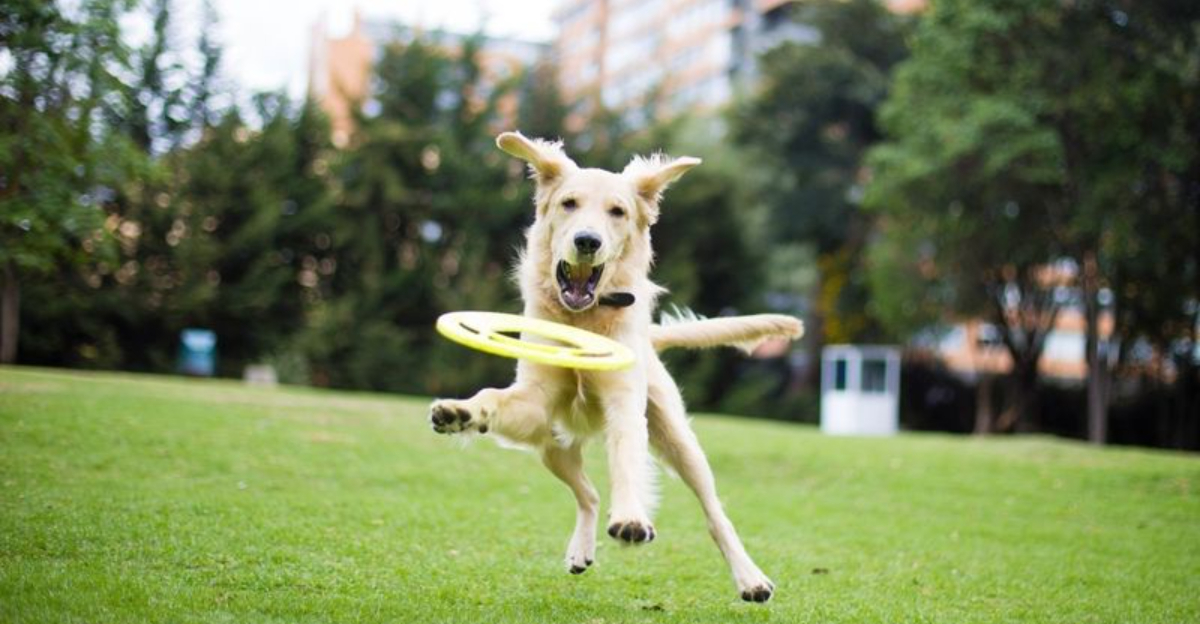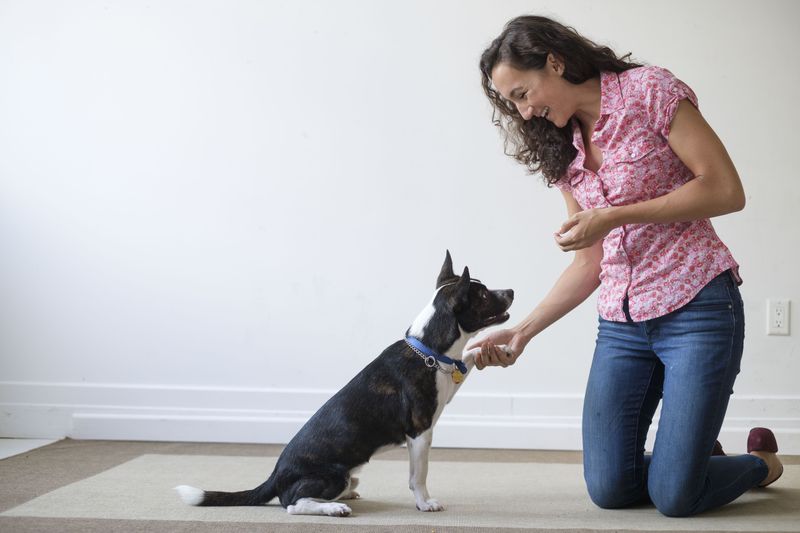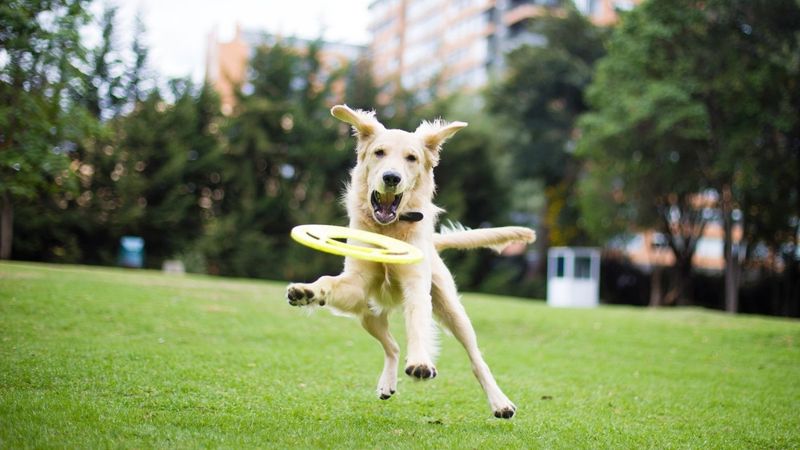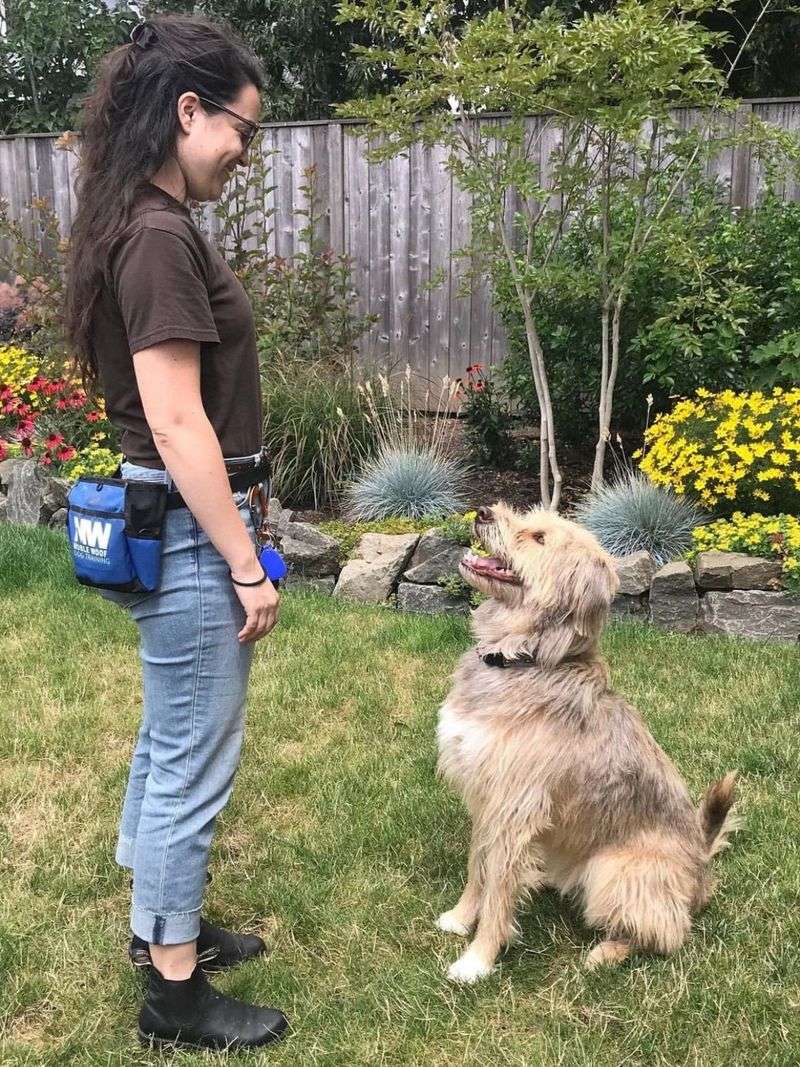It can be quite challenging when a dog won’t stop barking, but understanding the reasons and employing effective techniques can bring peace to both you and your furry friend. Barking is a natural behavior for dogs, yet excessive barking can be a sign of anxiety, boredom, or unmet needs. Here are ten smart and practical ways to help soothe your dog and reduce the noise.
Mental Stimulation
Barking can sometimes be a sign of an under-stimulated mind. Providing mental challenges for your dog can be as important as physical exercise. Puzzle toys, treat-dispensing balls, and interactive games can keep a dog’s mind occupied.
These activities can divert your dog’s attention from barking to solving a rewarding problem instead. Involving your dog in training sessions can also help, as it strengthens the bond between you and your pet while teaching them to focus their energy positively.
Consistent Training
Training is a cornerstone in managing excessive barking. Consistent commands such as “quiet” or “enough” can help your dog understand when their barking is unnecessary. Start by rewarding your dog with treats or affection when they stop barking on command.
Repetition and patience are key. Each dog learns at their own pace, so persistence pays off. Consider enrolling in a basic obedience class if you’re unsure where to start. These classes can offer structured learning and support for both you and your dog.
Calm Environment
Creating a calm environment can significantly reduce barking. Loud noises or chaotic surroundings can trigger a dog’s urge to bark. Establishing a quiet corner in your home where your dog feels safe can help soothe them.
Using soft music or white noise machines can also mask disruptive sounds that might cause anxiety. Calming scents, like lavender diffusers, can add an extra layer of tranquility for your pet. A peaceful home leads to a peaceful dog.
Socialization
Socialization is crucial for a well-adjusted dog. Dogs that aren’t regularly exposed to other animals or people can become overly excited or anxious, leading to barking. Regular visits to the dog park or arranging playdates with other dogs can help.
These interactions teach your dog how to behave in different situations and with different beings. The more relaxed your dog becomes in the company of others, the less likely they are to bark excessively.
Exercise and Playtime
Nothing tires out a barking dog like a good round of exercise. Dogs, like humans, need physical activity to stay balanced and happy. Providing your dog with ample playtime can prevent bored barking. Consider activities like fetch, tug-of-war, or agility training to engage your dog’s body and mind.
Regular walks in different environments also keep things interesting for your dog, reducing the likelihood of barking out of monotony. Physical and mental stimulation can be a game-changer for reducing excessive barking.
Obedience Commands
Obedience commands can provide your dog with the structure they need to feel secure. Commands like “sit,” “stay,” and “quiet” help communicate your expectations clearly. Positive reinforcement when your dog follows these commands encourages good behavior.
Training doesn’t just stop barking; it builds a respectful relationship between you and your pet. Familiar commands provide your dog with a sense of stability and can be a useful tool in calming their barking habit.
Professional Support
If home strategies aren’t enough, professional help might be needed. A certified dog trainer or behaviorist can offer personalized solutions tailored to your dog’s unique behavior. These experts can identify triggers and provide effective strategies to mitigate them.
Professional support can be invaluable, especially if your dog’s barking is rooted in deeper behavioral issues. Investing in expert guidance can lead to lasting peace and understanding between you and your pet.
Patience and Understanding
Sometimes, a little patience and understanding can go a long way. Dogs, like people, have off days and might bark more than usual. Assessing the context of the barking can provide insights into the most humane way to address it.
Remembering that barking is a form of communication for dogs can shift your perspective. With empathy and patience, finding the right solution becomes easier. Offering comfort and attention might be all your dog needs to settle down.
Consistent Routine
Dogs thrive on routine and predictability. A consistent daily schedule helps them understand what to expect, reducing stress-induced barking. Feeding, walking, and bedtime routines establish a rhythm your dog can rely on.
Consistency reassures your dog and can minimize the anxiety that leads to barking. Regularity in your actions reinforces your bond and communicates security to your pet. A well-structured day can transform a noisy dog into a calm one.









